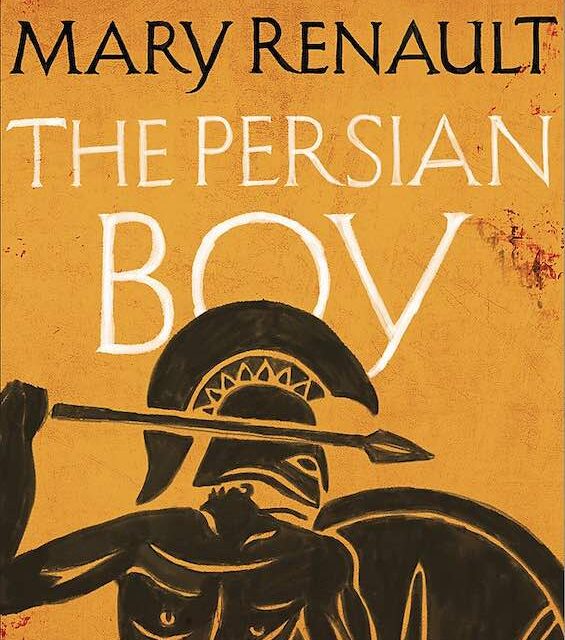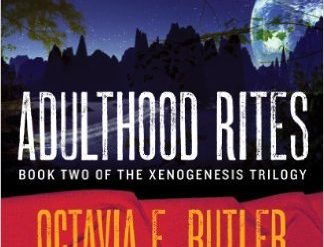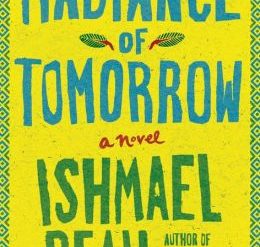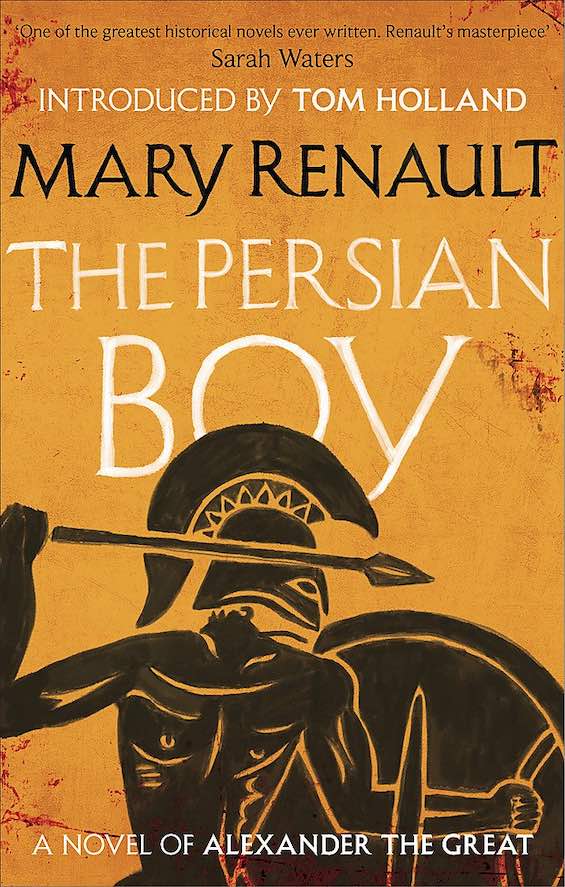
History shows us that true military genius is rare. Some who are credited with it—George Washington, for example—clearly didn’t possess it. Even Napoleon, who blundered into the Russian winter and then compounded the error by overstaying in Moscow, fell short. Perhaps only a handful qualify. But among them, and at the top of most lists, is a young man who rose from the rugged mountains of the Balkans and conquered the greatest empire of his time. And Mary Renault’s novel of Alexander the Great shows him in all his glory, battling across the Middle East and Central Asia until his untimely death in 323 BCE.
Estimated reading time: 6 minutes
Perspective from a unique narrator
The “Persian boy” of the title is Bagoas, the true-to-life eunuch who was Alexander’s lover and confidante. Gelded at age ten by his father’s enemies, he had joined the harem of Persia’s King Darius III. Then—in the novel—when Alexander defeats the Persians and humiliates Darius, one of the losing generals offers Bagoas to Alexander to gain favor. And the rest, as they say, is history. Because we do know that Alexander was, at most, bisexual. Although he had three wives and one or two sons, he favored boys as lovers, as did many of the Macedonians and Greeks he ruled.
The Persian Boy: A Novel of Alexander the Great by Mary Renault (1972) 432 pages ★★★★★
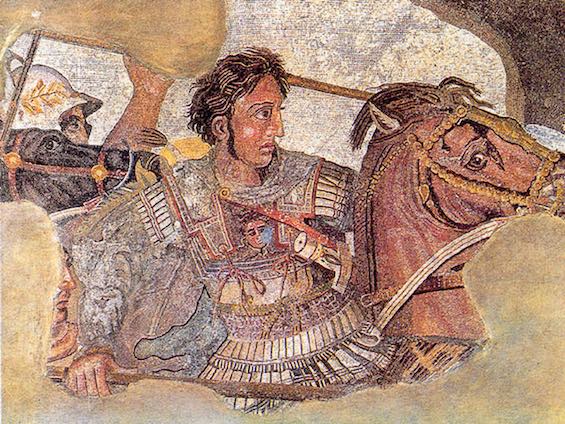
This is both a terrific war novel and a love story
Most critics find that Mary Renault’s historical fiction, and this novel in particular, is largely grounded on historical fact. But she did have her detractors. It’s best, then, to regard the details as questionable even though the bigger picture Renault conveys is accurate in all major respects. And as a war novel, The Persian Boy is superb. She depicts both the strategy and the tactics, battle by battle, recounting many of Alexander’s greatest victories. And the effect is an eye-opening picture of war when men fought face-to-face with weapons in their hands and wounds were often fatal.
But of course Bagoas tells the tale from his perspective as Alexander’s lover. Renault portrays him as deeply in love with the king and frequently spending the night with him. (That’s probably accurate.) And the picture of Alexander that emerges conforms closely with what history tells us about him. That he was well educated, fiercely intelligent, and a gifted leader who shared the privations of his men. It’s a vivid portrait that lingers in the mind.
Who was Alexander the Great?
Few of us learn more about the historical figure known as Alexander the Great (356-323 BCE) other than that he was a Macedonian who conquered Greece, the Persian Empire (the superpower of the era), and much of the rest of the world known to him. We also know he died at the age of 32. But he was much more interesting than those bare facts reveal.
Aristotle’s gifted student
When Alexander was 19 or 20, his father, Philip of Macedon, died. The young man suddenly became King of Macedonia and Greece, which his father had conquered. As a youngster, he was tutored by Aristotle and thus gained considerable knowledge about the world outside Greece. But he was just one generation removed from what the Greeks considered barbarism. And his people fit the bill. In years past they had been sheepherders. They wore animal skins and painted their faces. And the army he inherited from his father consisted of rough men who were shaped by that environment.
Somehow, young Alexander managed to gain the respect of the troops and lead them across the water to Asia Minor. There he began an astonishingly successful 12-year military campaign that pushed the borders of his empire into India and Central Asia.
An enlightened leader for his time
In Alexander’s time, it was common for military conquerors either to force their enemies to adopt their culture—or simply to massacre them. Alexander did neither. He honored his enemies and tolerated other religions and cultural practices. And once fully secure as King of the vast Persian Empire, he married into the royal family and adopted Persian customs. For his time, Alexander was an enlightened man. However, he failed to designate a successor. The result was that three of his generals eventually divided up the empire among themselves and went their separate ways. Alexander’s empire did not outlive him.
About the author
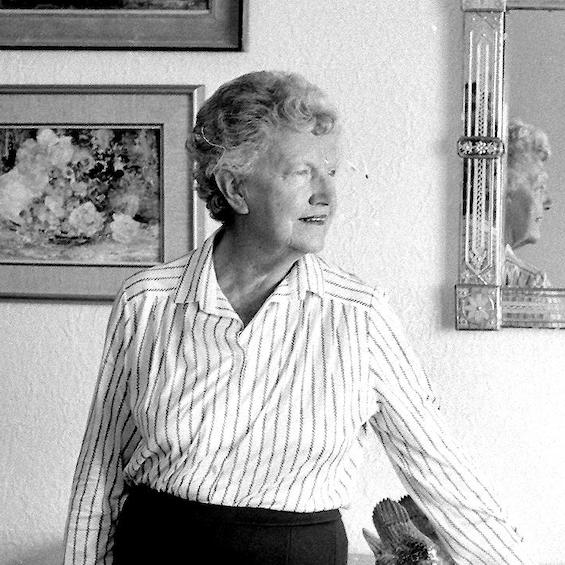
Mary Renault was the pen name of Eileen Mary Challans (1905-83). She was born in London but for moved to South Africa with her partner in 1948 and lived there for the rest of her life. There she was free from the homophobia and censorship of England and could write freely about openly gay characters like Bagoas. She died in Cape Town at the age of seventy-eight in 1983.
At the University of Oxford, Renault studied history, mythology, philosophy, and ancient literature and learned Latin and ancient Greek. But she let Oxford with an undergraduate degree in English. She worked as a nurse early in life, including service in World War II, but won a prize for one of her novels that allowed her to turn to writing full-time. Renault was lesbian, and one of her contemporary novels explored the theme.
You can find the Mary Renault Society online today. The site includes a detailed biography of her and a comprehensive list of her books. She wrote fourteen novels and two works of nonfiction, spanning the years from 1939 to 1981. Although she wrote a half-dozen contemporary novels, she is best known for the eight historical novels set in the ancient Greek world.
For related reading
This novel of Alexander the Great is one of the Great war novels.
You’ll find other great reading at 20 most enlightening historical novels and Top 10 great popular novels.
You might also enjoy 20 top nonfiction books about history.
And you can always find my most popular reviews, and the most recent ones, on the Home Page.

